Cardinal Arizmendi: For or against migrants
It is Jesus' mandate and caring for them from the heart is a condition for entering heaven
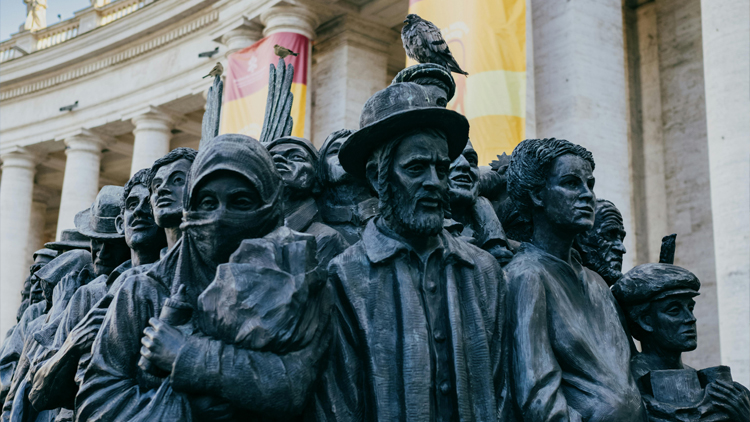
Cardinal Felipe Arizmendi, bishop emeritus of San Cristóbal de Las Casas and responsible for the Doctrine of Faith at the Mexican Episcopal Conference (CEM), offers readers of Exaudi his weekly article.
FACTS
I know many cases of migrants, including those in my own family. For years, several of them have left my town for other parts of the country and the United States, seeking better opportunities in life. With their work and sacrifice, they have built good houses and their families enjoy a more favorable situation. At family and town celebrations, they return and enjoy their native environment, they also share our painful moments. Some have already acquired American nationality; others, have legal residency; however, the latter, due to the anti-immigrant policy of the new government there, are not safe and fear being deported for any reason. In even worse danger are many undocumented immigrants. It is not taken into account that this country was formed by migrants and that the majority of those who arrive now support a good part of its economy, doing jobs that those from there do not want to do.
Many migrants from Central and South America, as well as from other countries, who longed to reach the United States, have not been able to achieve their dream, and have stayed with us and may remain here for a long time, or forever. On the part of our government, there has been a policy of not systematic repression, but of offering them consular services and work opportunities, although the numerous caravans that have arrived have overwhelmed us all. Christian organizations and others from civil society are doing a lot to attend to them humanely, but we are also overwhelmed. In addition, Donald Trump’s threat that, if we do not retain or reject them, he will increase his economic tariffs, further complicates the situation that our government must face.
While in Chiapas, where hundreds and thousands of migrants have always passed through, we tried to support them not only with food, water and other support, but also by building shelters where they could protect themselves, replenish their energy and seek legal mechanisms for their protection, even to obtain refugee status. In some cases, since they remained for an indefinite period of time, they were offered job training, so that they could get at least temporary employment. This attention has been given to them for many years and continues, despite the fact that our resources are limited. The same is being done in all the dioceses of the country.
ENLIGHTENMENT
In the face of the mass deportations that the new government of the United States is promoting, Pope Francis wrote a letter to the bishops there, in which he tells them:
“I have followed closely the important crisis that is taking place in the United States on the occasion of the beginning of a program of mass deportations. A properly formed conscience cannot fail to make a critical judgment and express its disagreement with any measure that tacitly or explicitly identifies the illegal status of some migrants with criminality. At the same time, the right of a nation to defend itself and keep its communities safe from those who have committed violent or serious crimes while in the country or before arriving must be recognised. That said, the act of deporting people who in many cases have left their own land for reasons of extreme poverty, insecurity, exploitation, persecution or serious environmental deterioration, hurts the dignity of many men and women, of entire families, and places them in a state of special vulnerability and defenselessness.
This is no minor issue: a genuine rule of law is verified precisely in the dignified treatment that all people deserve, especially the poorest and most marginalised. The true common good is promoted when society and government, with creativity and strict respect for the rights of all, welcome, protect, promote and integrate the most fragile, unprotected and vulnerable. This does not prevent the development of a policy that regulates orderly and legal migration. What is built on the basis of force, and not on the basis of the truth about the equal dignity of every human being, begins badly and will end badly.
Worrying about personal, community or national identity, apart from these considerations, easily introduces an ideological criterion that distorts social life and imposes the will of the strongest as the criterion of truth.
I urge all the faithful of the Catholic Church, and all men and women of good will, not to give in to narratives that discriminate and cause unnecessary suffering to our migrant and refugee brothers and sisters. With charity and clarity we are all called to live in solidarity and fraternity, to build bridges that bring us ever closer, to avoid walls of ignominy, and to learn to give our lives as Jesus Christ offered his, for the salvation of all” (10-II-2025).
ACTIONS
If among us there is a migrant in need, let us do for him what we would want done for us, if we were in his situation. It is Jesus’ command and caring for them from the heart is a condition for entering heaven.
Related
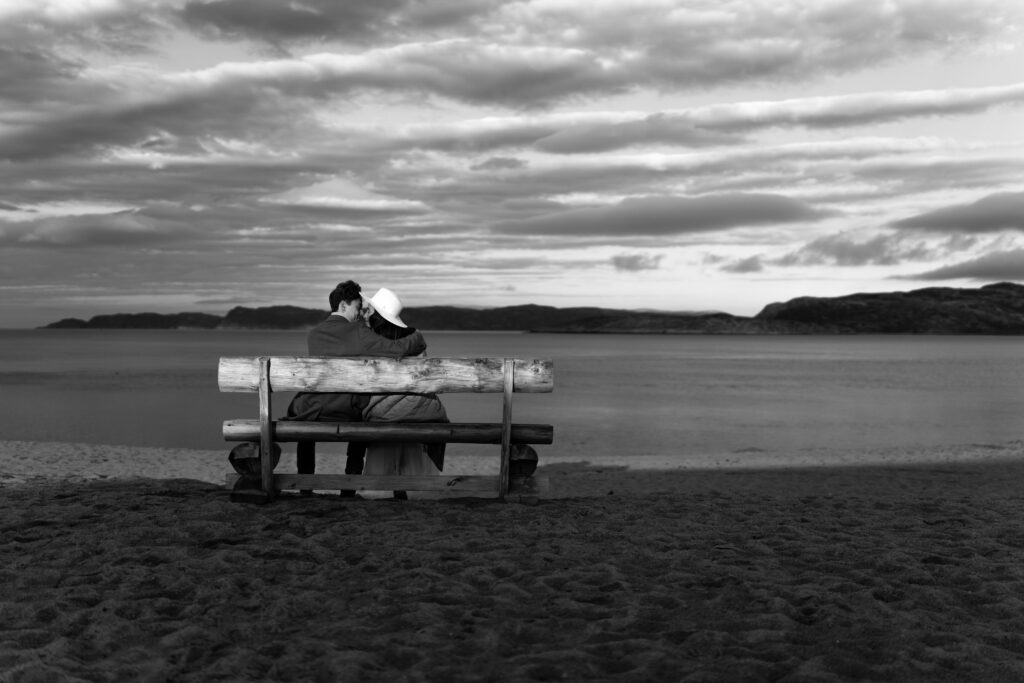
The Importance of Accepting Your Partner as They Are
José María Contreras
15 April, 2025
2 min
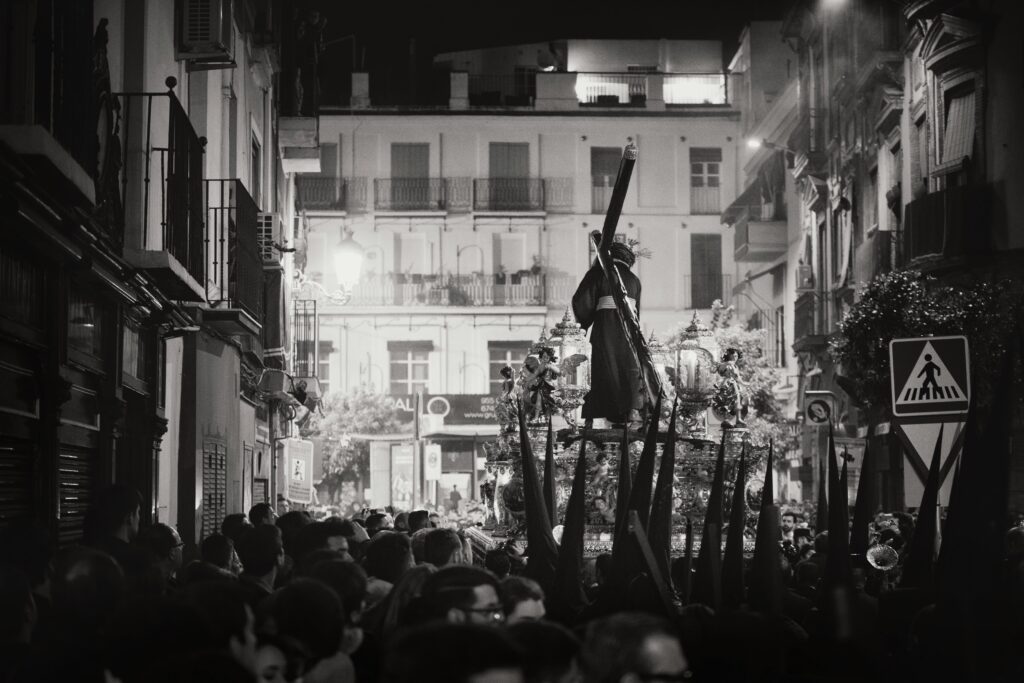
Suffering and Resurrection in Latin America
Rodrigo Guerra
15 April, 2025
3 min
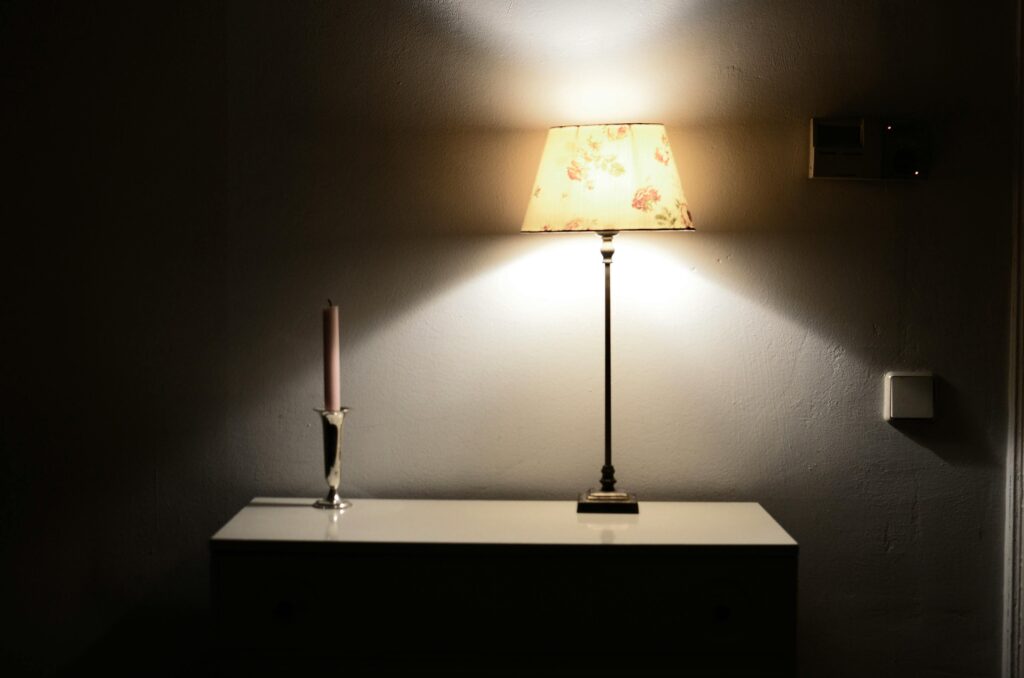
Day and Night Diary
Francisco Bobadilla
14 April, 2025
4 min
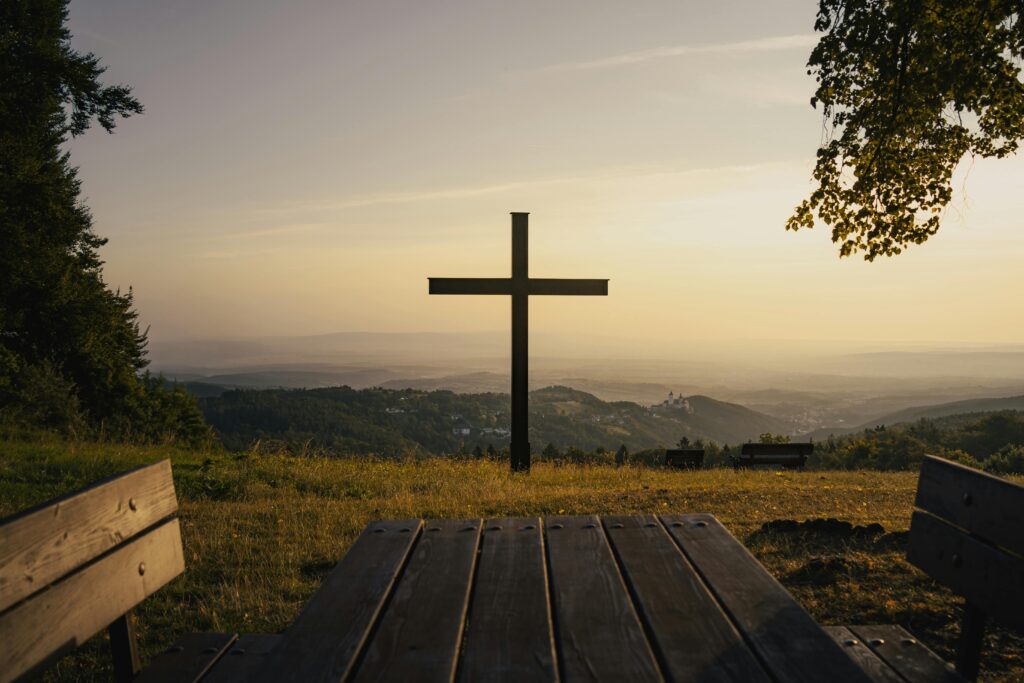
Syncretism and the Relativization of Faith: The Challenge of Religious Relativism in a Pluralist World
Javier Ferrer García
11 April, 2025
5 min
 (EN)
(EN)
 (ES)
(ES)
 (IT)
(IT)

